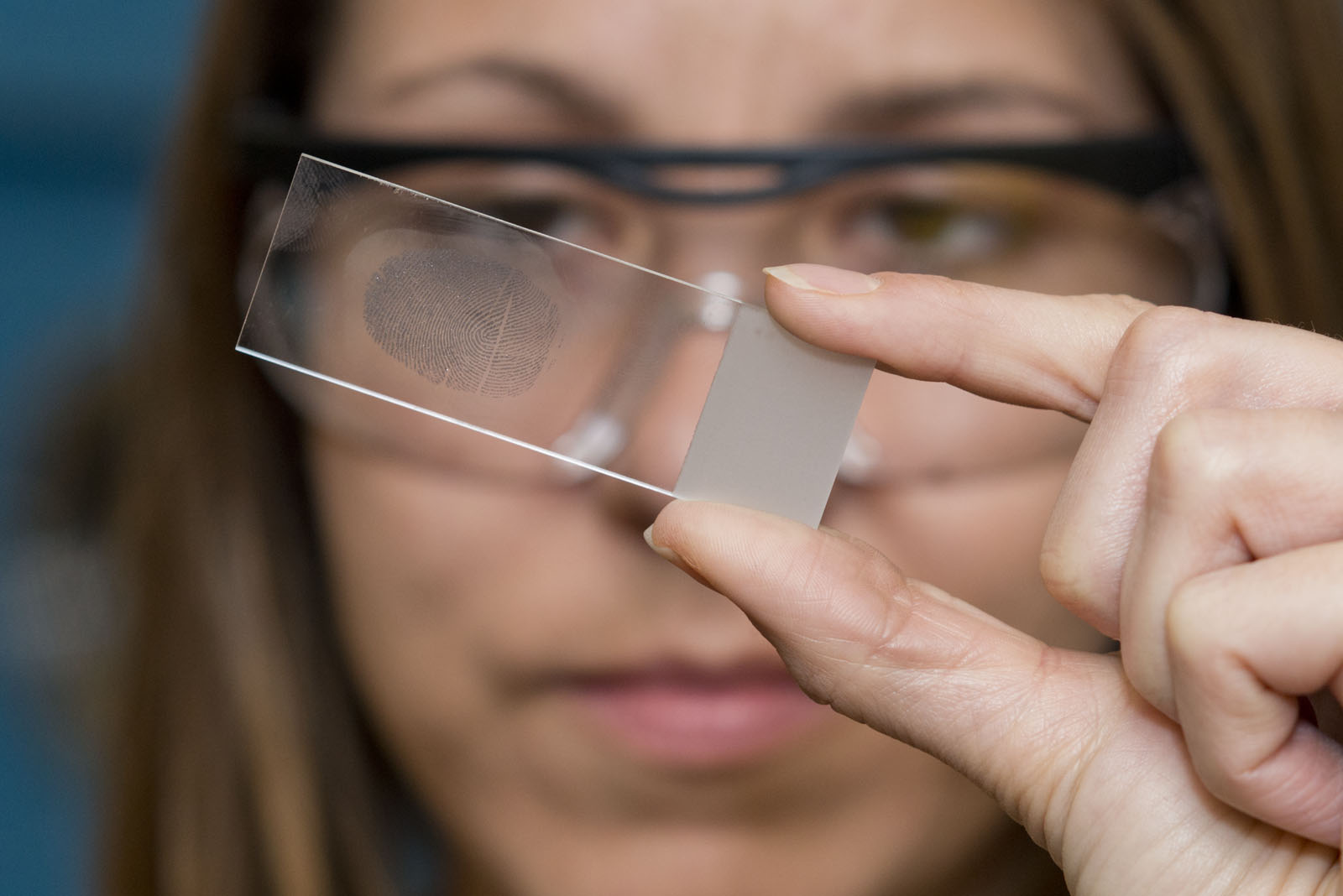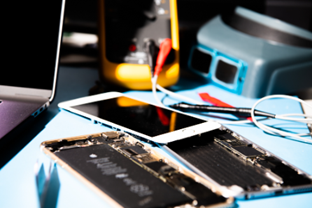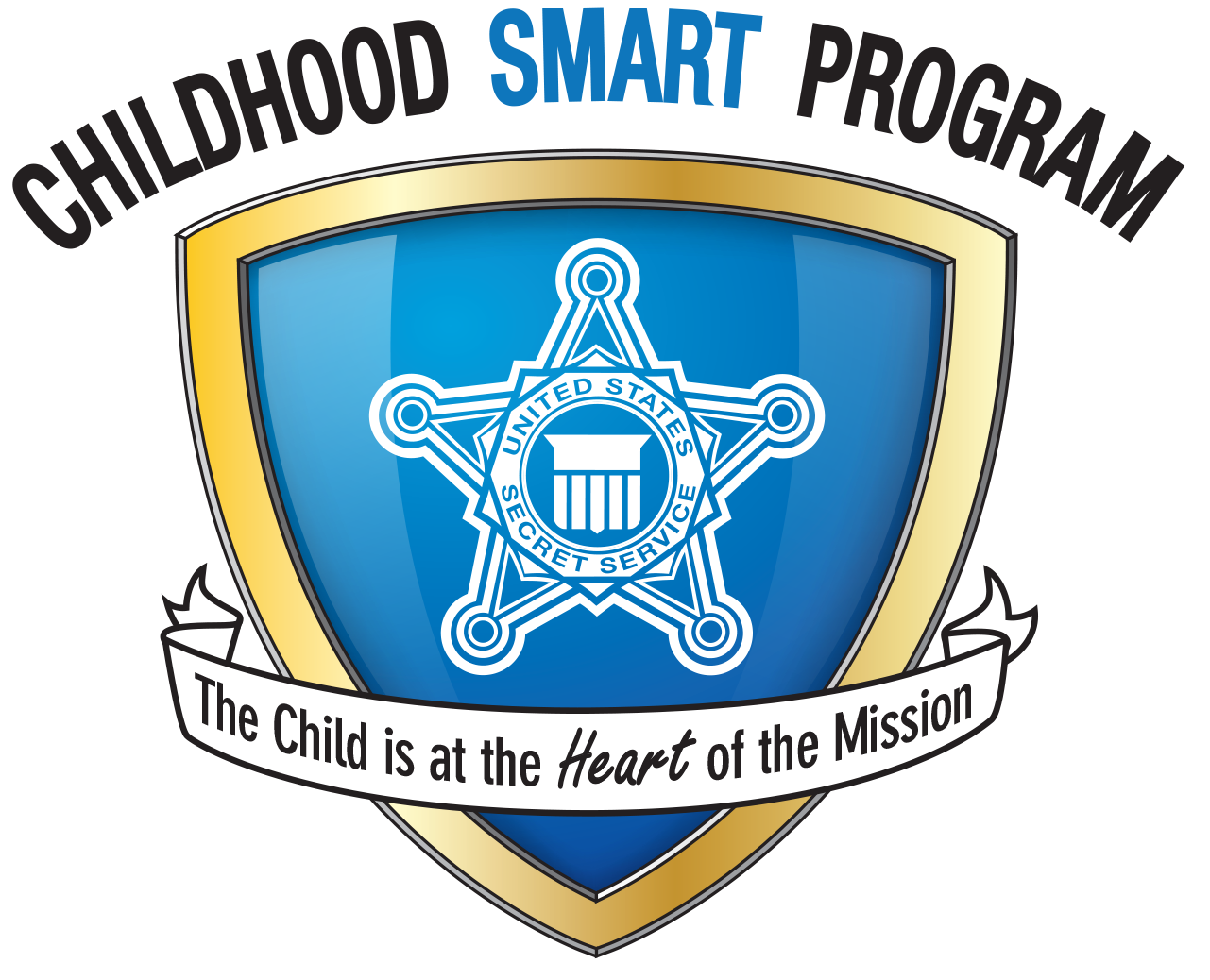
Forensic Expertise
We are home to a broad range of forensic experts provide multi-disciplined state-of-the-art support to our investigative and protective missions, missing and exploited children investigations, and other major crimes investigated by our law enforcement partners. Our investigative forensic expertise, in particular, directly contributes to helping protect our leaders, facilities, and events from cybersecurity threats.
Forensic Sciences Laboratory
Our forensics testing laboratory at headquarters is accredited by ANAB to ISO/IEC 17025:2017 for fingerprint analysis and questioned document examination. Our experts provide technical support and training regarding evidence collection and evolving forensic examination needs.


Digital Evidence Forensics Laboratories
Our worldwide cyber workforce operates Digital Evidence Forensics Laboratories to apply technical expertise to combat cybercrime, eliminate protective cybersecurity threats, and support law enforcement partners.
National Center for Missing & Exploited Children
The Secret Service is dedicated to providing forensic and investigative assistance in support of any investigation involving missing or exploited children and in 1997 was the first federal agency to partner with the NCMEC.

Fields of Specialty
Resources
NCMEC Website
Visit the National Center for Missing and Exploited Children website
Counterfeit Investigations
Learn more about our counterfeit investigations
Cyber Investigations
Learn more about our cyber investigations

